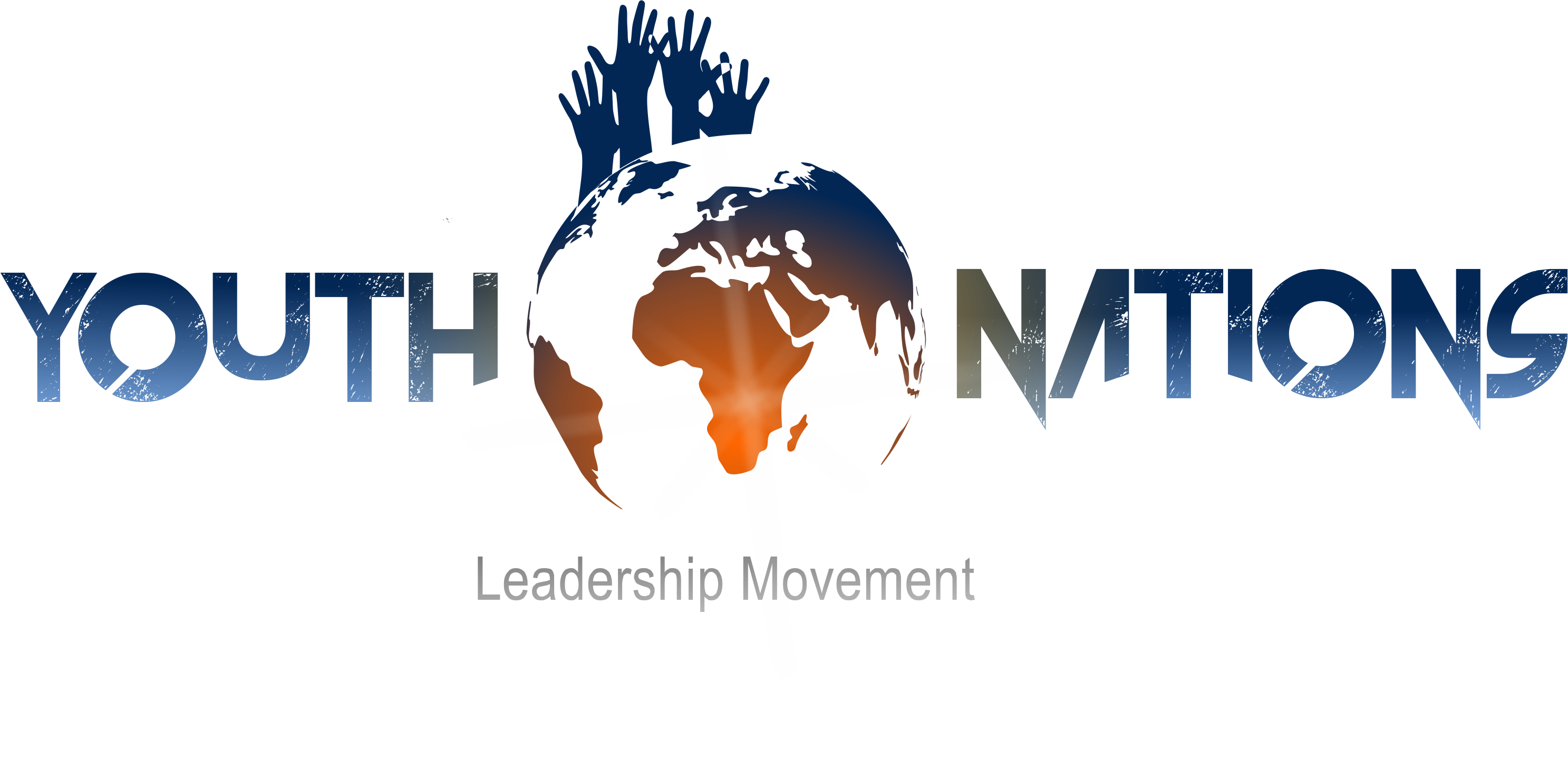Ti’Akeni is a XiTsonga phrase meaning to build one’s self. These are tailor made projects where we team up with the existing group, club, school or program to facilitate the Life Design course. These courses are specifically structured to promote and assist the existing group and put in place a weekly, fortnight or monthly program to track the development of the youth. Ti’Akeni is a long-term project, with a minimum of 6 months commitment from the client. They are best suited for existing clubs, groups or sport teams.
Personal development takes place over time in order to gain experience and the participants to become aware of, change or adapt their behaviour. There are many different types of learning, and each individual absorbs information in a variety of ways. At YNLM, we focus on two types of learning:


